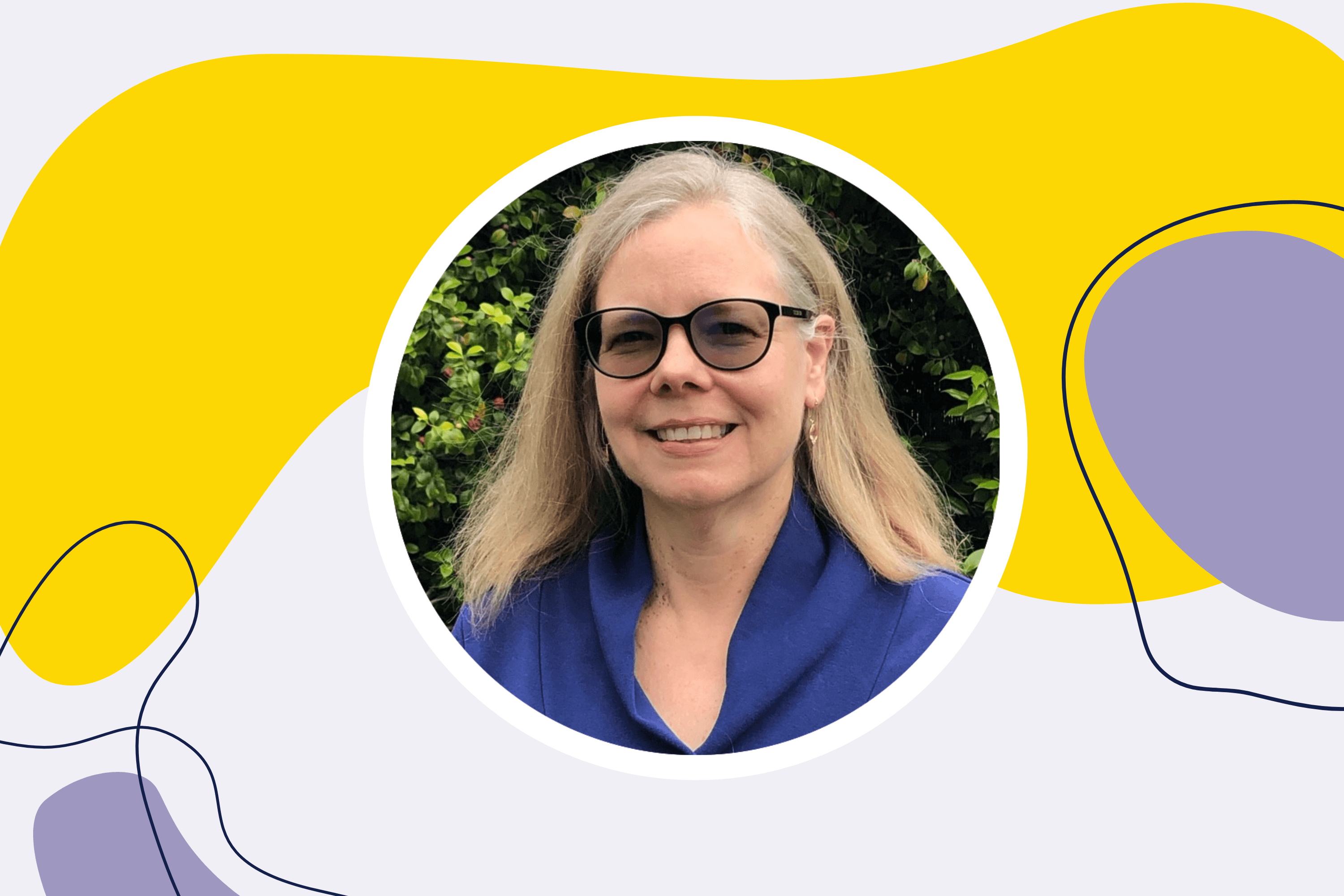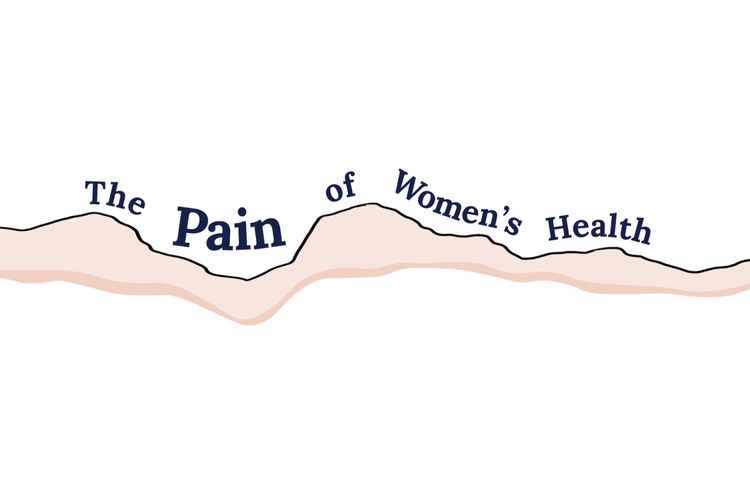
Jan 31, 2023, 5:00 am UTC
3 min
Created By
Q&A: Sociologist Chloe Bird on combating medical gaslighting
Gender may be a social construct, but it profoundly affects the healthcare we receive. Gender bias is prevalent even today and continues to put the health of women and other historically marginalized groups at risk.
Chloe Bird, Director of the Center for Health Equity Research at Tufts Medical Center in Boston, has spent the last two decades studying this problem and developing programs to improve researchers' understanding of how gender, race, and ethnicity shape access to healthcare, quality of care, and health outcomes.
wmnHealth spoke to Bird about women's experiences of medical gaslighting and what is needed to bring about positive change in the healthcare system.
This interview has been edited for length and clarity.
wmnHealth: What is "medical gaslighting"?
Chloe Bird: It is a term that patients have employed to explain frustration with how their symptoms and experiences are addressed clinically and not getting answers. It is, in large part, an actionable issue of gaps in the science and evidence that inform medical practice rather than conscious bias or malintent on the part of clinicians.
Are women and racial minorities more likely to experience gaslighting in clinical settings, and why?
Bird: Women and racial minorities are more likely to experience difficulty getting to a diagnosis due in part to the greater prevalence of conditions which primarily occur in women and for which there are no simple tests and criteria for diagnosis.... The lack of research and clinical criteria contribute to the problem, and such gaps in the evidence base are far more common in diseases that occur primarily in women or racial minorities. Greater investment in science and in creating an evidence base could go a long way toward addressing such disparities.
Women and racial minorities are more likely to experience difficulty getting to a diagnosis due in part to the greater prevalence of conditions which primarily occur in women and for which there are no simple tests and criteria for diagnosis.... —Chloe Bird, Director of the Center for Health Equity Research at Tufts Medical Center
How has patient awareness of medical gaslighting increased in the last few years?
Bird: Patients are using social media to form groups and educate each other on the paths to diagnosis and treatment. In many cases, such groups allow patients to understand better the prevalence of particular symptoms, complications, and treatment side effects. Some of these groups also work with researchers to engage in patient-centered research.
How can we improve care and outcomes for women?
Bird: It would require better science, doing complete work to assess the extent to which studies demonstrate effects for women and/or racial minorities and better medical education that recognizes and acknowledges the limits of the existing evidence base on women's health.
Are there steps women can take to combat gaslighting in clinical settings?
Bird: Finding a provider who listens and whose clinical decision-making you trust can help, or learning about one's health from reliable sources such as the U.S. National Institutes of Health. And, when necessary, finding patient groups engaged with the research community in understanding the evidence and getting better answers.


